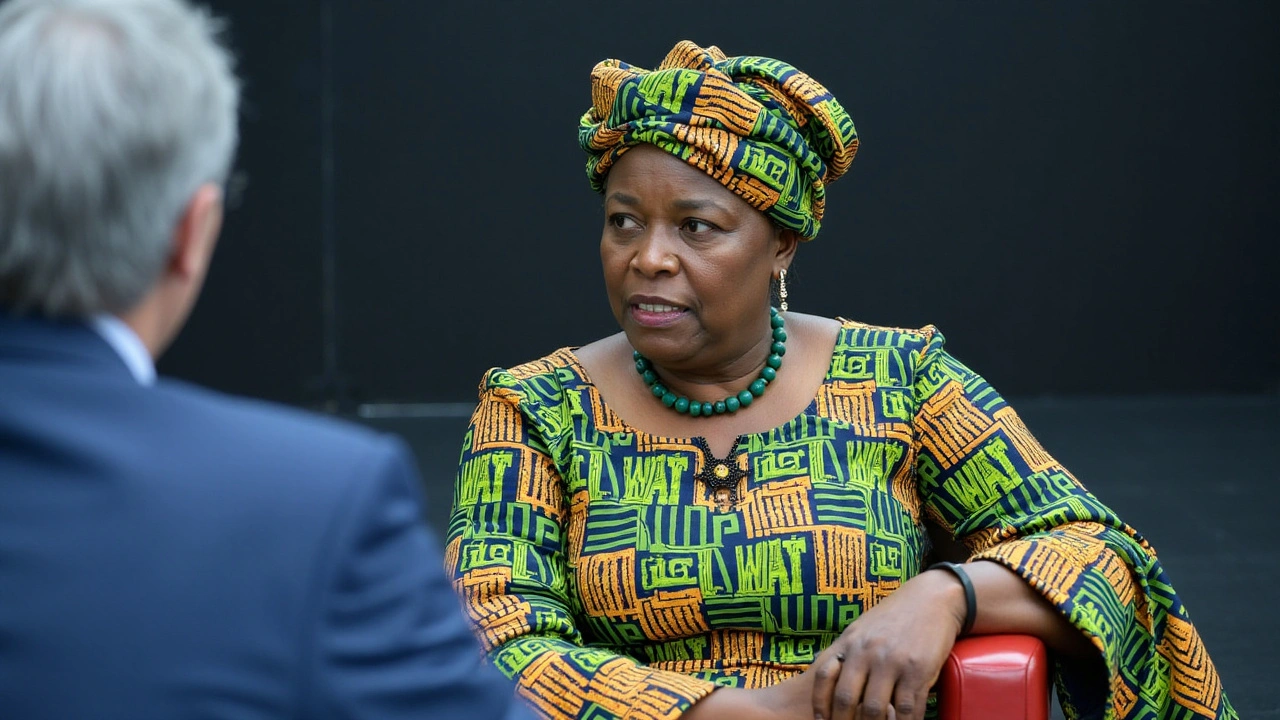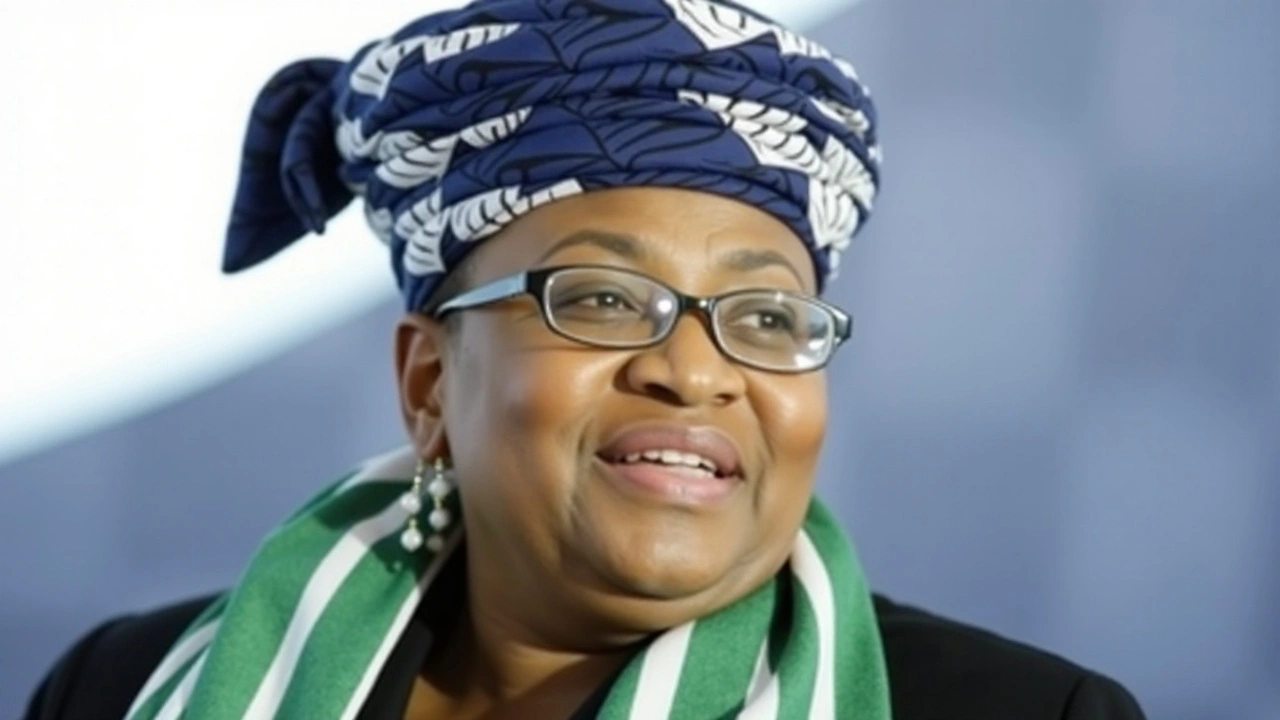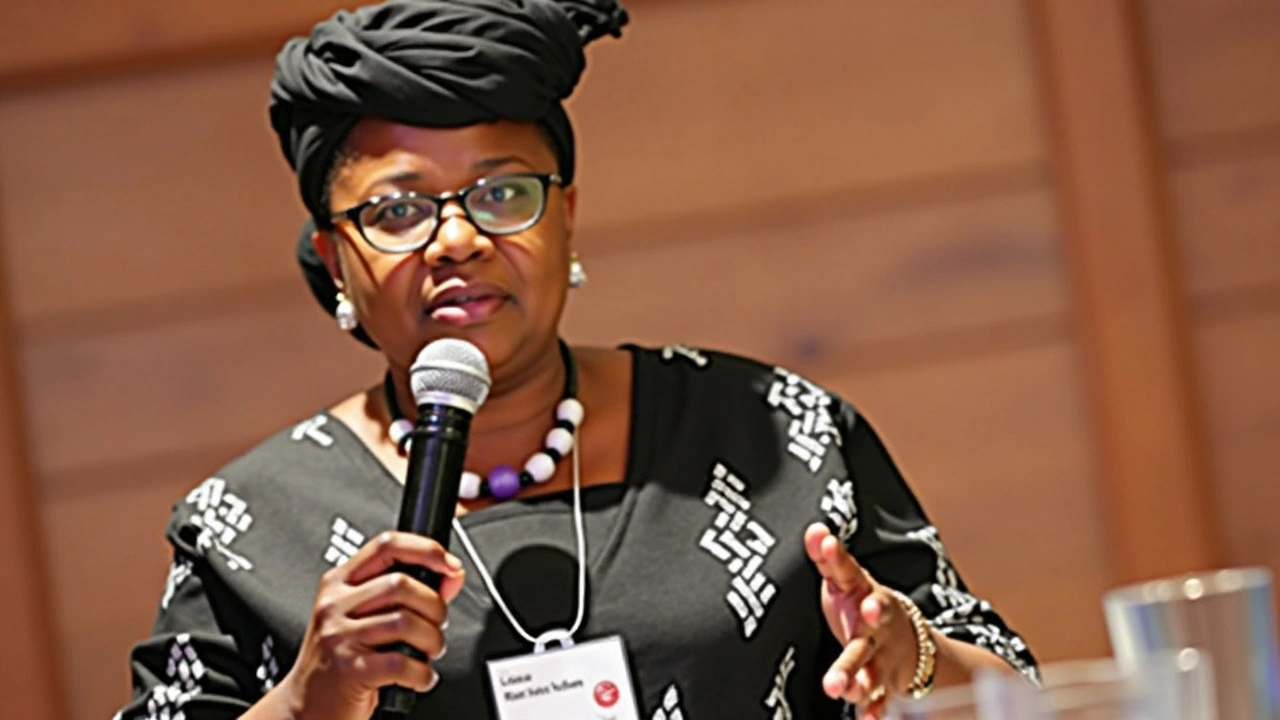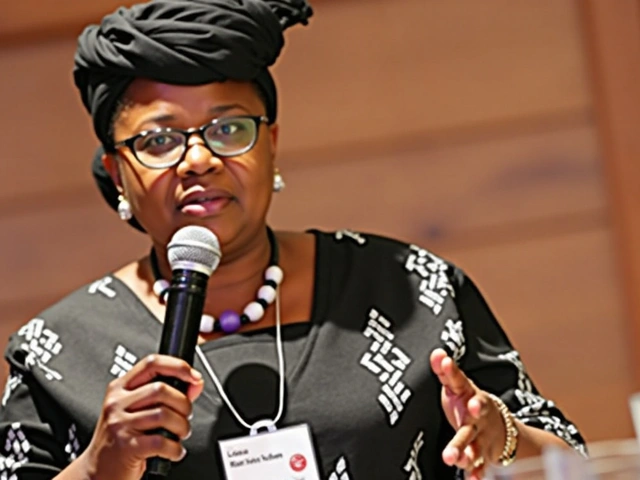Ngozi Okonjo-Iweala Discusses Nigeria's Declining GDP Growth
At the 2024 Annual General Conference of the Nigerian Bar Association (NBA) in Lagos, Ngozi Okonjo-Iweala, Director-General of the World Trade Organization (WTO), delivered a profound analysis of Nigeria's economic trajectory since 2014. Her remarks come at a crucial time when the nation grapples with numerous economic challenges, marking an essential dialogue on policies and their long-term impacts.
The Golden Years: 2000-2014
Okonjo-Iweala's address painted a vivid picture of a stark contrast in Nigeria's economic growth over two distinct periods. Between 2000 and 2014, Nigeria experienced a thriving economic phase with an average Gross Domestic Product (GDP) growth rate of approximately 3.8%. During these years, the growth rate significantly outpaced the population growth rate, which stood at 2.6% annually. This period was characterized by substantial improvements in the standard of living for many Nigerians, showcasing the positive effects of a strong and steady economic policy.
Reversal of Fortune Since 2014
However, since 2014, there has been a troubling downturn. The nation's average annual GDP growth rate plummeted to around -0.9%. Okonjo-Iweala highlighted how this negative growth rate indicates a severe economic downturn, leaving Nigerians worse off than before. She pointed out that the inability to sustain the positive growth trajectory resulted in deteriorating living standards and economic hardship for a significant portion of the population.

Policy Inconsistencies and Their Impact
One of the critical reasons behind this economic reversal, as identified by Okonjo-Iweala, is the inconsistency in economic policies. She stressed that the lack of continuity in implementing reforms has hurt the nation’s economic stability. Policies that once spurred growth and development were not effectively consolidated, causing a lapse that hindered further progress. She emphasized the importance of maintaining good economic policies, regardless of the administration in power, to ensure sustainable growth and economic resilience.
The Role of Security in Economic Development
Okonjo-Iweala also pointed out the significant role of security in fostering economic development. She noted that the instability and insecurity in the country have been weaponized for political purposes, further aggravating the economic challenges. The former Finance Minister called for an end to the manipulation of insecurity for political gains, emphasizing that both security and development are interdependent. Without adequate security, socio-economic development becomes unattainable.
The Crude Oil Theft Crisis
Another pressing issue highlighted by Okonjo-Iweala was the massive crude oil theft plaguing Nigeria. Oil, being a crucial revenue source for the country, has seen significant losses due to theft, directly impacting the nation's financial health. Okonjo-Iweala urged the Nigerian government to utilize available technology to track and prevent crude oil theft vigorously. She stated that addressing this issue would significantly bolster the country's economic standing.

Advocating for a Social Contract
In her address, Okonjo-Iweala advocated for a renewed social contract between the Nigerian government and the people. She stressed that consistent economic policies are crucial and that such a social contract could ensure the continuity of beneficial policies irrespective of changes in government. This would foster trust and collaboration between the government and the citizens, creating a conducive environment for economic stability and growth.
The Way Forward
Okonjo-Iweala's speech serves as a critical reminder of the need for strategic planning, consistency in policy implementation, and the interrelatedness of security and development. Her insights offer a roadmap for Nigeria to navigate through its economic challenges and work towards a more prosperous future. The call for a comprehensive approach combining policy consistency, technological advancement, and improved security measures outlines a clear path for overcoming the hurdles currently facing the Nigerian economy. The former Finance Minister's emphasis on the need for cohesive and sustained efforts underscores the potential within Nigeria to reclaim and surpass its previous economic achievements.
Conclusion
In concluding her speech, Okonjo-Iweala left the audience with a powerful message: the Nigerian economy requires urgent and decisive action. By addressing policy inconsistencies, improving security, and tackling issues like crude oil theft, there is an opportunity to turnaround the economic decline. Her call to action serves as a beacon of hope, urging all stakeholders to come together, enact substantial reforms, and work towards a better economic future for all Nigerians.






Post A Comment